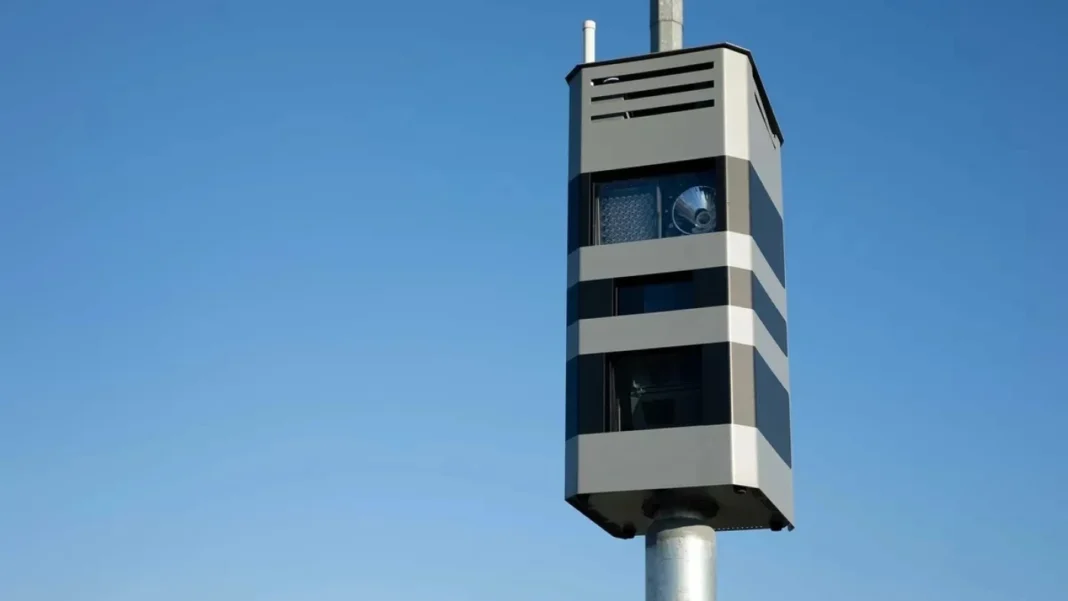The recent surge in Iraq traffic offenses spike is alarming, with authorities recording more than 12,000 violations in just one day. The Iraqi Ministry of Interior revealed these figures on Sunday, emphasizing the country’s ongoing struggle to enforce traffic laws effectively.
Miqdad Miri, the Ministry’s spokesperson, reported that on Saturday alone, the authorities recorded exactly 12,150 traffic violations. This sharp rise highlights the ministry’s renewed focus on strict enforcement throughout the nation. Moreover, it reflects widespread disregard for road safety rules among drivers.
To combat this trend, the ministry has intensified its efforts to improve traffic safety. According to Miri, officials aim to reduce reckless driving by imposing stricter penalties and holding offenders accountable. Furthermore, the ministry’s primary goal remains to protect residents and ensure safer roads.
In line with these efforts, Baghdad recently installed an advanced traffic monitoring system. This system includes radars and cameras strategically placed across the city. It tracks various offenses such as speeding, running red lights, and failure to wear seatbelts.
This new program represents a major step forward. It encourages safer driving habits and aims to reduce accidents in Baghdad’s metropolitan area. Additionally, it demonstrates the government’s commitment to tackling the issue head-on.
A 2021 report on road accidents in Iraq underlines the urgency. It revealed that drivers and pedestrians suffer the highest rate of fatal injuries. Motorcyclists follow closely behind. The report also pointed to two main causes of accidents: speeding and the use of mobile phones while driving.
The Iraq traffic offenses spike serves as a wake-up call for authorities and citizens alike. Therefore, drivers must comply with traffic regulations to help reduce accidents and save lives. Without doubt, sustained enforcement and public awareness remain key to improving Iraq’s road safety record.Continued education campaigns and stricter law enforcement will prove essential. Ultimately, collective responsibility from drivers and authorities can significantly decrease accidents and improve overall traffic safety in Iraq.



